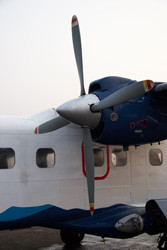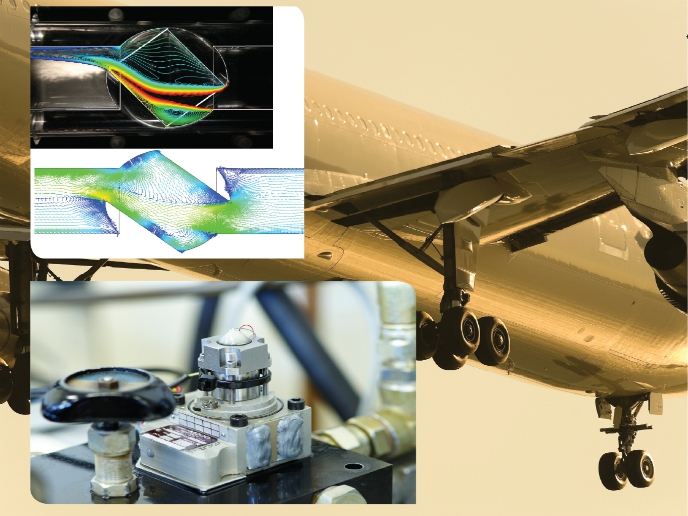Small planes to get a big update
The aerospace industry has placed major emphasis on reducing the environmental impact of air travel. Much research has focused on large jet aeroplanes. The EU-funded project 'Efficient systems and propulsion for small aircraft' (ESPOSA)(opens in new window) is filling an important gap. A huge international consortium plans to deliver one of the smallest turboprop/turboshaft engines in the world for aircraft with up to 19 seats. The engines will provide up to approximately 1 000 kW of power and are expected to lead to a reduction on direct operating costs of 10 to 15 %. In addition, with a focus on automation, health monitoring and more-electric components to reduce the workload on pilots, the aircraft should be safer as well. During the second reporting period, the team completed work on advanced tools and models to conduct trade-off studies regarding technical and economic factors related to the new propulsion systems. Extensive research focused on experimental and computational evaluation of new engine components to optimise engine performance. Exploitation of lean manufacturing technologies to get the end user what he/she wants quickly while removing wasted manufacturing steps is an important pillar of the project. In addition to work on low-cost casting processes and the potential of recyclation, the team studied a variety of coating solutions to protect engine parts from the very high temperatures and from wear. Researchers also developed advanced design methods for installation in various types of aircraft. Scientists are also developing advanced concepts for automatic control, smart health monitoring and more-electric designs. As the project nears the finish line, the team has prepared the test rig and laid the foundations for engine and system validation as well as integration in the coming months. ESPOSA work is leading to improved components and manufacturing technologies, comprehensive design tools and best practices for installation. The project plans to make a big splash in the field of small turbine engines as well as establish links between western and eastern European countries. In sparsely populated regions, more efficient and cost-effective small planes could become like air taxis, opening a new market for manufacturers.







